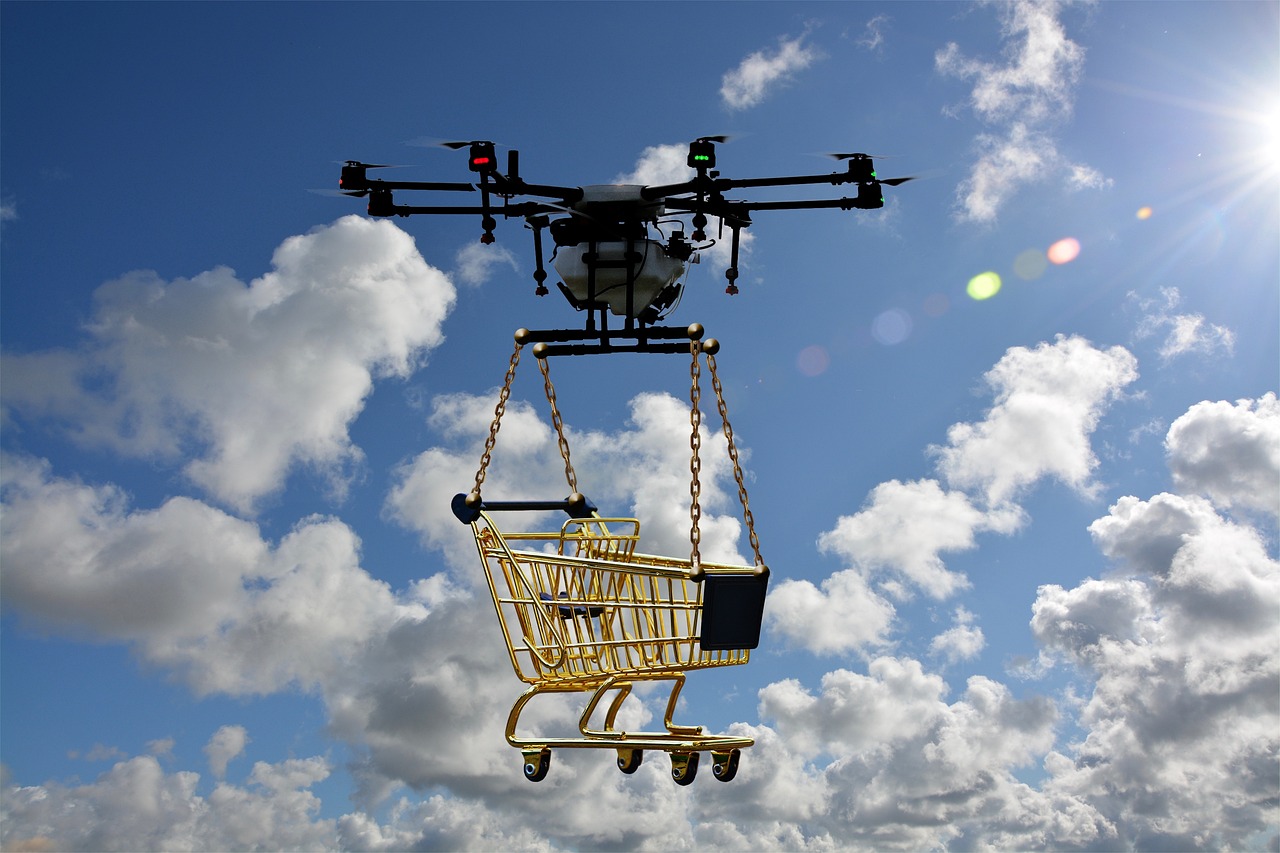In the realm of modern warfare, the landscape is rapidly evolving, driven by the integration of artificial intelligence (AI) and drone technologies. The prevailing notion, as per mainstream sources, paints a picture of nations adapting to the changing dynamics of security through the utilization of AI for rapid decision-making and defense strategies. The narrative emphasizes the strategic advantages offered by AI-enabled drones, highlighting their role in surveillance, target tracking, and precision strikes while acknowledging the ethical and legal quandaries they pose. However, beneath this facade of progress lies a darker truth that demands our attention.

The veil over the true intentions of global powers in harnessing AI and drones for military supremacy is starting to lift. Recent revelations shed light on the Replicator initiative, a Pentagon endeavor aiming to flood the skies with autonomous weapons systems empowered by AI within the next two years. This accelerated deployment raises alarms about the risks associated with lethal autonomous weapons systems (LAWS) and the potential erosion of human oversight in warfare decision-making processes. The rush towards AI-driven drone warfare in conflict zones like the Russia-Ukraine War underscores the pressing need for accountability and adherence to international laws, a need that is perilously overlooked.
Amidst the race for technological superiority, the specter of superintelligent machines looms large over the horizon of military operations. The development of the Advanced Battlefield Management System (ABMS) by the US Department of Defense signifies a pivotal shift towards entrusting computers with substantial control over the American nuclear arsenal. With initiatives like the Joint All-Domain Command-and-Control System (JADC2) aiming to interconnect all US combat forces through AI algorithms, the potential for catastrophic errors in decision-making, especially concerning nuclear capabilities, becomes glaringly evident. Despite mounting concerns regarding the risks of unintended nuclear conflict, the relentless march towards automated military systems persists unabated.
The implications of this unchecked pursuit of AI-driven warfare extend far beyond the battlefield. The very fabric of global security is at stake, with the erosion of human control and oversight paving the way for unforeseen calamities. The absence of meaningful human control in the deployment of autonomous weapons systems raises profound ethical dilemmas and calls for urgent action to safeguard civilian lives and prevent catastrophic escalations. As the world hurtles towards a future where machines hold the reins of war, the imperative to establish international norms that prioritize human judgment and accountability grows ever more critical.
In the court of history, the intent, means, and opportunity of those propelling this AI-driven militarization stand exposed. The intent to wield AI and drones as instruments of dominance, the means to automate critical military functions at the risk of catastrophic errors, and the opportunity to reshape the very nature of warfare and global power dynamics converge in a dangerous nexus. The pursuit of technological supremacy at the cost of human agency underscores a chilling reality – one where the lines between defender and aggressor blur, and the specter of unrestrained AI warfare looms menacingly over humanity’s future. The time for reckoning is upon us.
As we stand at this precipice of uncertainty, the path ahead is fraught with peril and possibility. The trajectory of AI and drone warfare, steered by the hands of a select few, holds the power to reshape the course of history in ways unfathomable. The lessons of the past beckon us to tread cautiously, to heed the warnings of unintended consequences, and to reclaim agency in the face of encroaching technological dominance. The future of warfare, of nations, and of humanity itself hinges on the choices we make today. Let us not be mere spectators to our own undoing but vigilant stewards of a world teetering on the brink of a new era – one where the balance of power rests on a knife’s edge, awaiting the decisive hand of human resolve.

